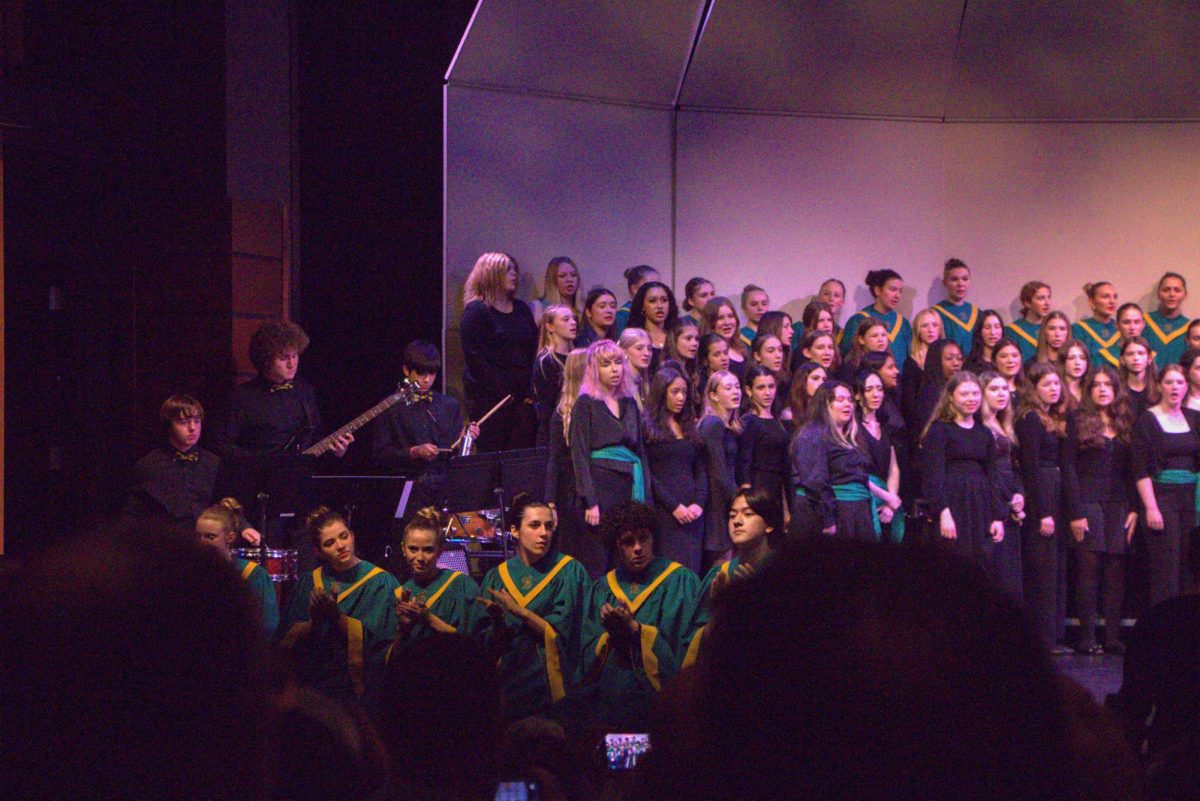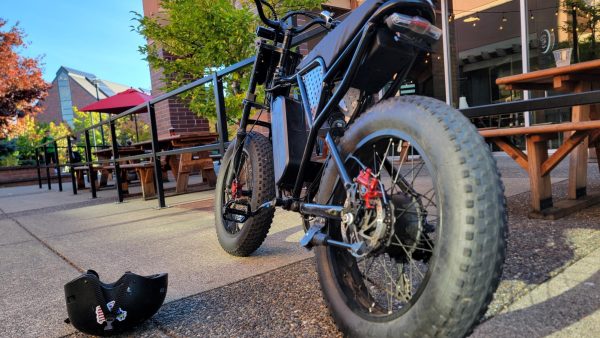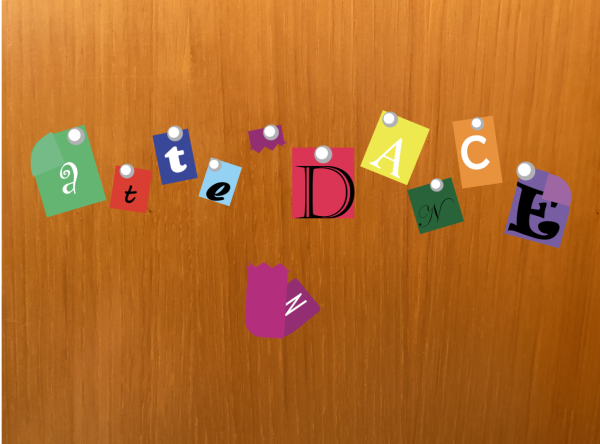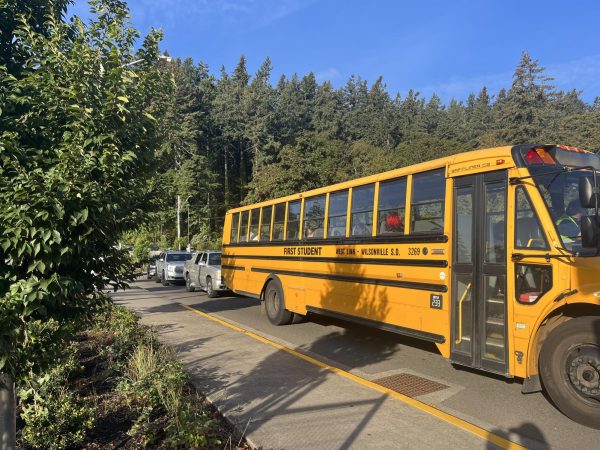Energy consumption in our school
Today, our world runs on energy, namely electricity. From our heating to our lights, energy is constantly being used to give us our modern amenities. For the majority of our power that we get, it comes from nonrenewable fossil fuels. In schools, the amount of electricity we use is great, as we are constantly powering lights, computers, etc. If we want to conserve our fossil fuels, schools would be a great place to start.
The conservation of our current fossil fuels is important, as we are going to run out fast. Ourworldindata.org states, “Based on BP’s Statistical Review of World Energy 2016, we’d have about 115 years of coal production and roughly 50 years of both oil and natural gas remaining.” Clearly, we are going to run out of fossil fuels, and it could potentially be when our children are going through school.
To prevent an energy crisis for the next generation, we have to start saving energy now, and schools should be the first place we look to do that.
“I know we have a lot of field use. Especially now that daylight savings is over, we’ll be running lights a lot more,” Geoff Bingham, science teacher said. “I do think we use too much energy, but a lot of that has to do with security, as they’re worried someone might break in, so the lights are on inside the school all the time.”
While the school has good reasons for its energy consumption, it does bring up questions about how it is used. “I think there is a lot of worry about crime vandalism, but is it, or is it not right? What are the incidents of that?” Bingham said. Is it really necessary to keep lights on to stop a break in, or is the security system enough? Can the lighting on the field be cut to a minimum with different scheduling?
Asking these questions is a good first step, but it’s not a solution to the issue. A solution to this issue would be solar panels.
Solar panels for the school would be a way to cut down on our energy usages. News.energysage.com states, “As of 2016, solar is the cheapest resource of energy in the world.”
“For example, homeowners will save about $17,000 on average in Portland when they go solar.” In the evenings, instead of using city energy for our lights, we could power on our own energy reserves, and then sell the excess energy back to the city.
While this solution can be applied to the school, how can the students take steps to begin to save energy on their own? “Get the information and get involved. If we’re really going to, if that’s something we care about, then we need to take a look at how we’re using our energy and find the places where it makes sense to do the easy things,” Bingham said. “Make us realize we have a problem.”
Students need to take the time to look at themselves and really question what they are actually using. We don’t need to charge our phones all the time, or use computers at the school when we don’t need to. If the students and school work together, it is almost guaranteed that we will cut down on energy usage.
Your donation will support the student journalists of West Linn High School. Your contribution will allow us to continue to produce quality content by purchasing equipment, software, and continuing to host our website on School Newspapers Online (SNO).

Logan Winder is the opinion section editor, and a regular contributor to the Amplifier newspaper. This being his 3rd year on staff, he is excited to be...


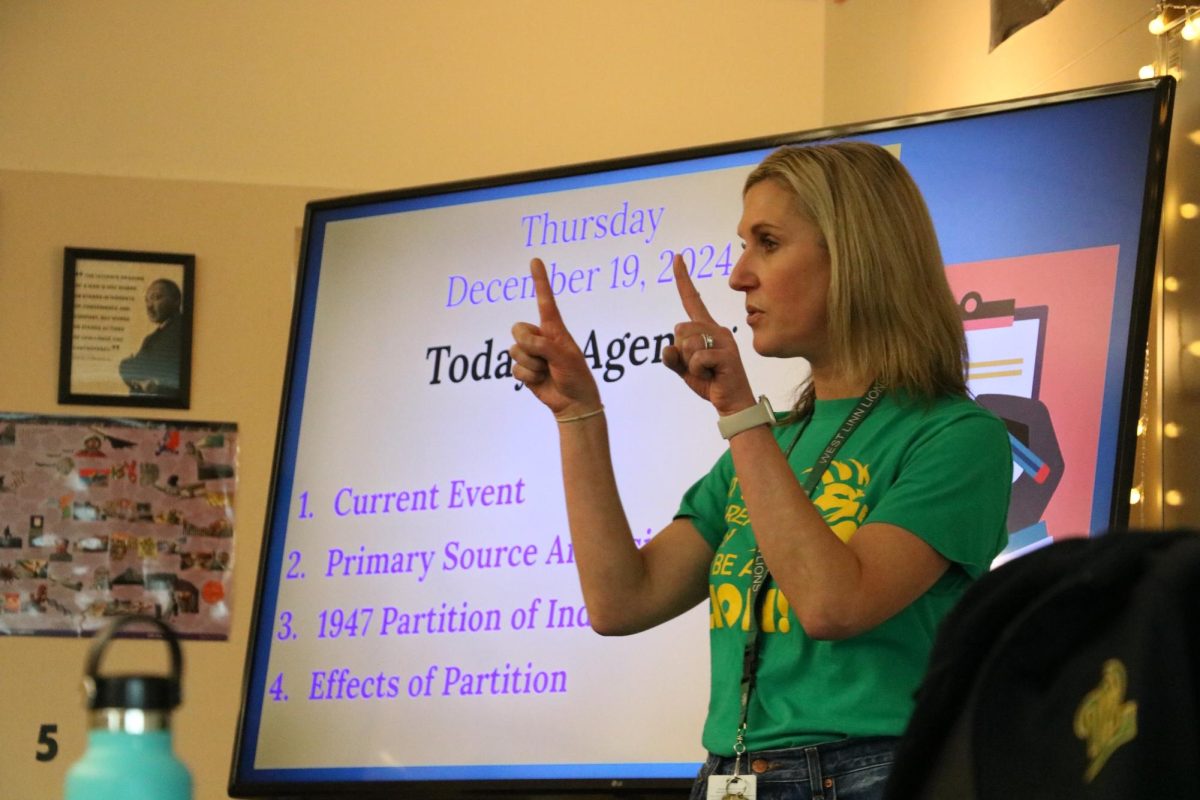





















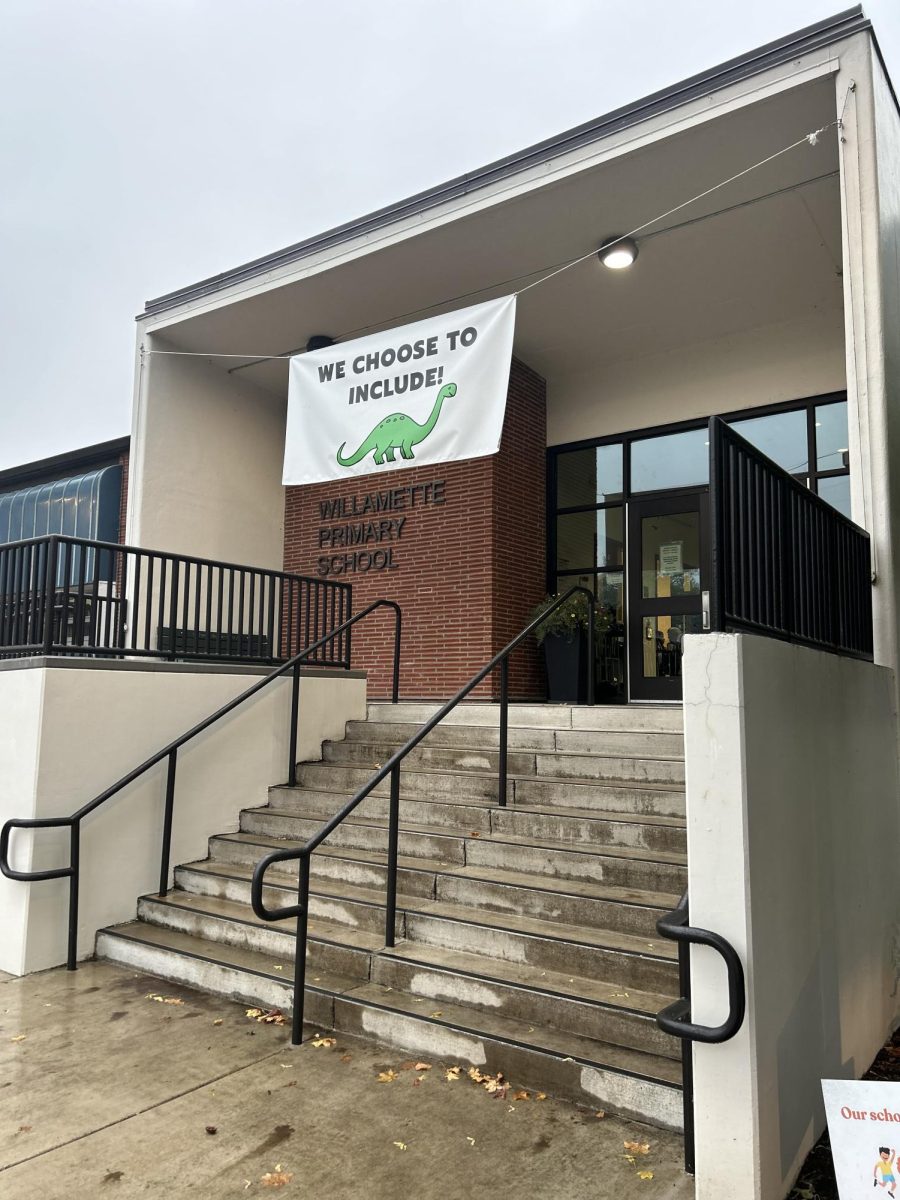




























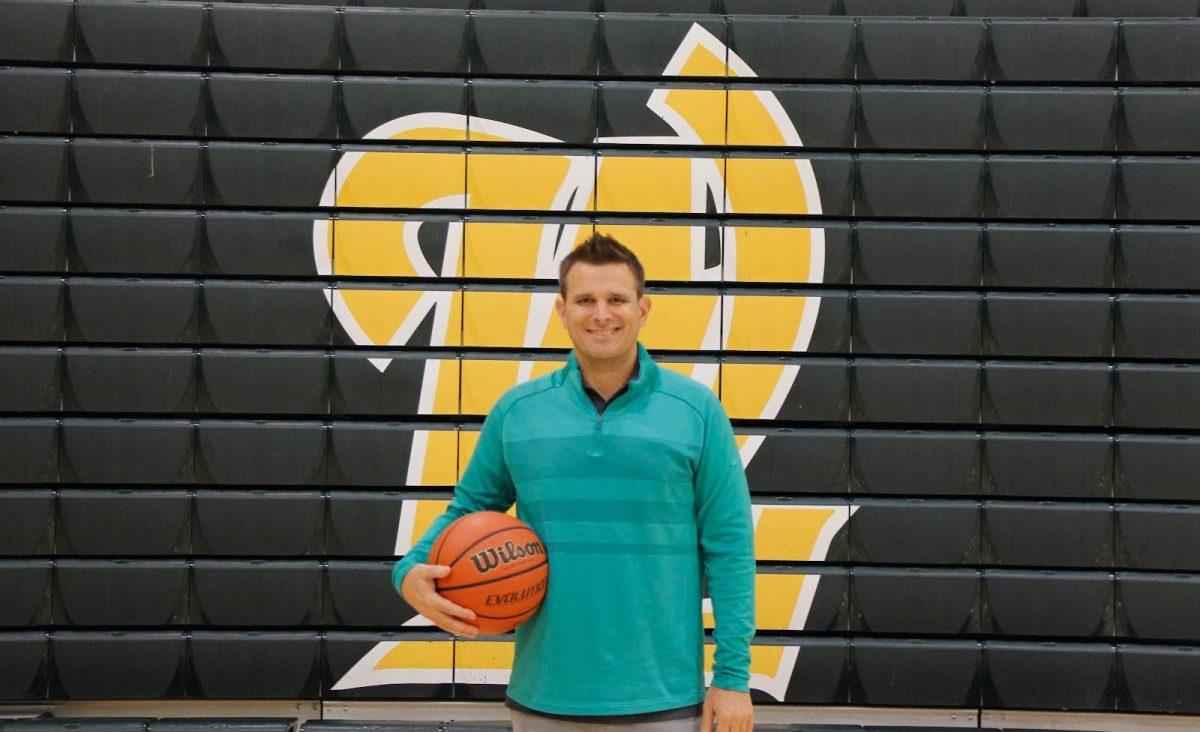







![At the bottom of the third inning, the Lions are still scoreless. Rowe stands at home plate, preparing to bat, while Vandenbrink stands off to the side as the next batter up. Despite having the bases loaded, the team was unable to score any runs. “It’s just the beginning of the season. We’re just going to be playing out best by June, [and] that’s where champions are,” Rowe said.](https://wlhsnow.com/wp-content/uploads/2024/03/IMG_3077-1200x900.jpg)







































![All smiles. The group poses for a photo with last year’s book, “This is Our House,” along with their award for third Best in Show. Meikle, who was an Editor-in-Chief for the yearbook last year as well, holds both and stands at the center of the group. “That was an amazing feeling, going and grabbing the third place award,” Meikle said. “All of it paid off. I cried so much over that book, being able to receive [the award] was one of the highlights of my high school career, it was like the coolest thing ever.”](https://wlhsnow.com/wp-content/uploads/2024/11/8bookpose_philly-1200x800.jpg)
